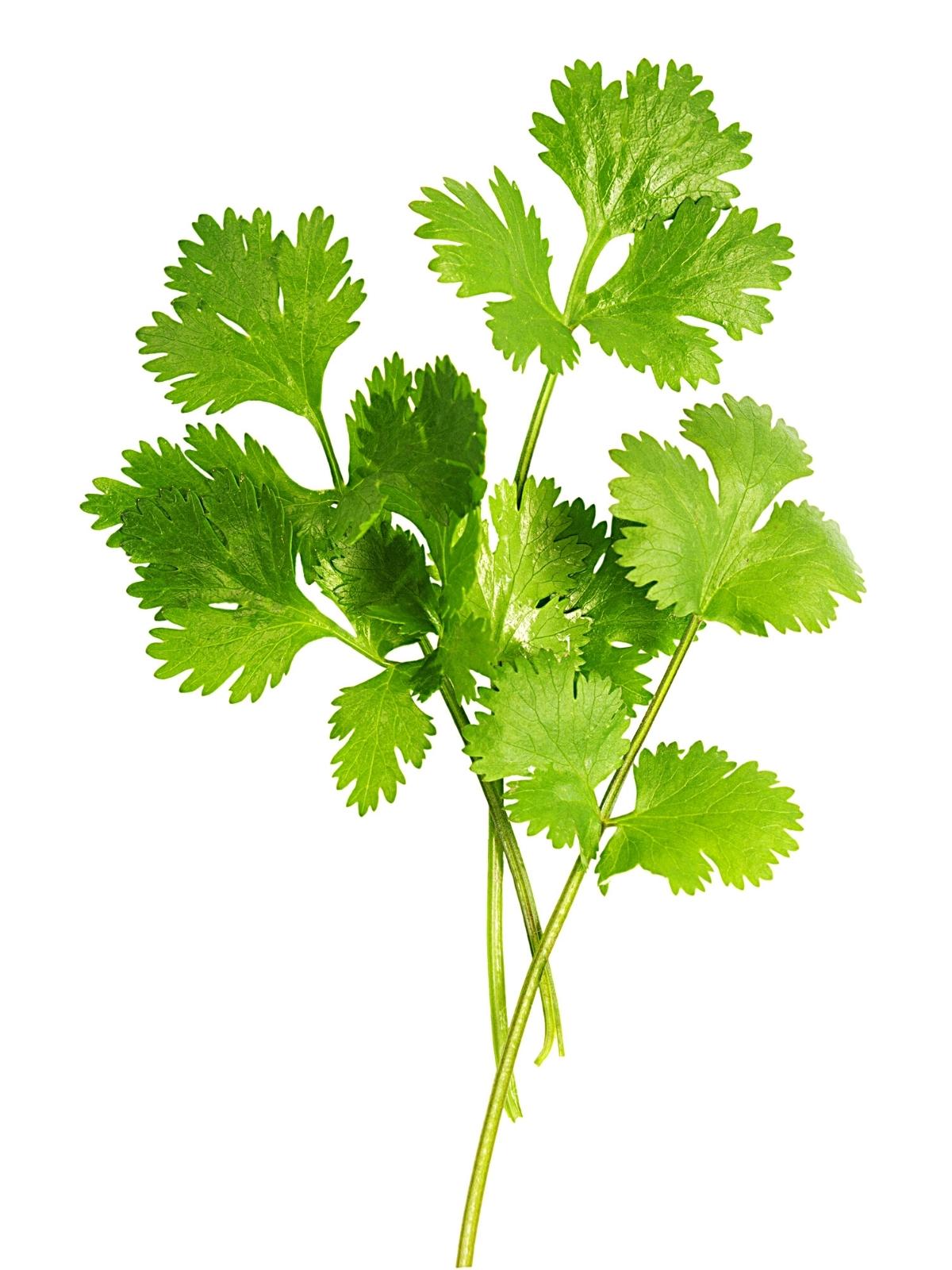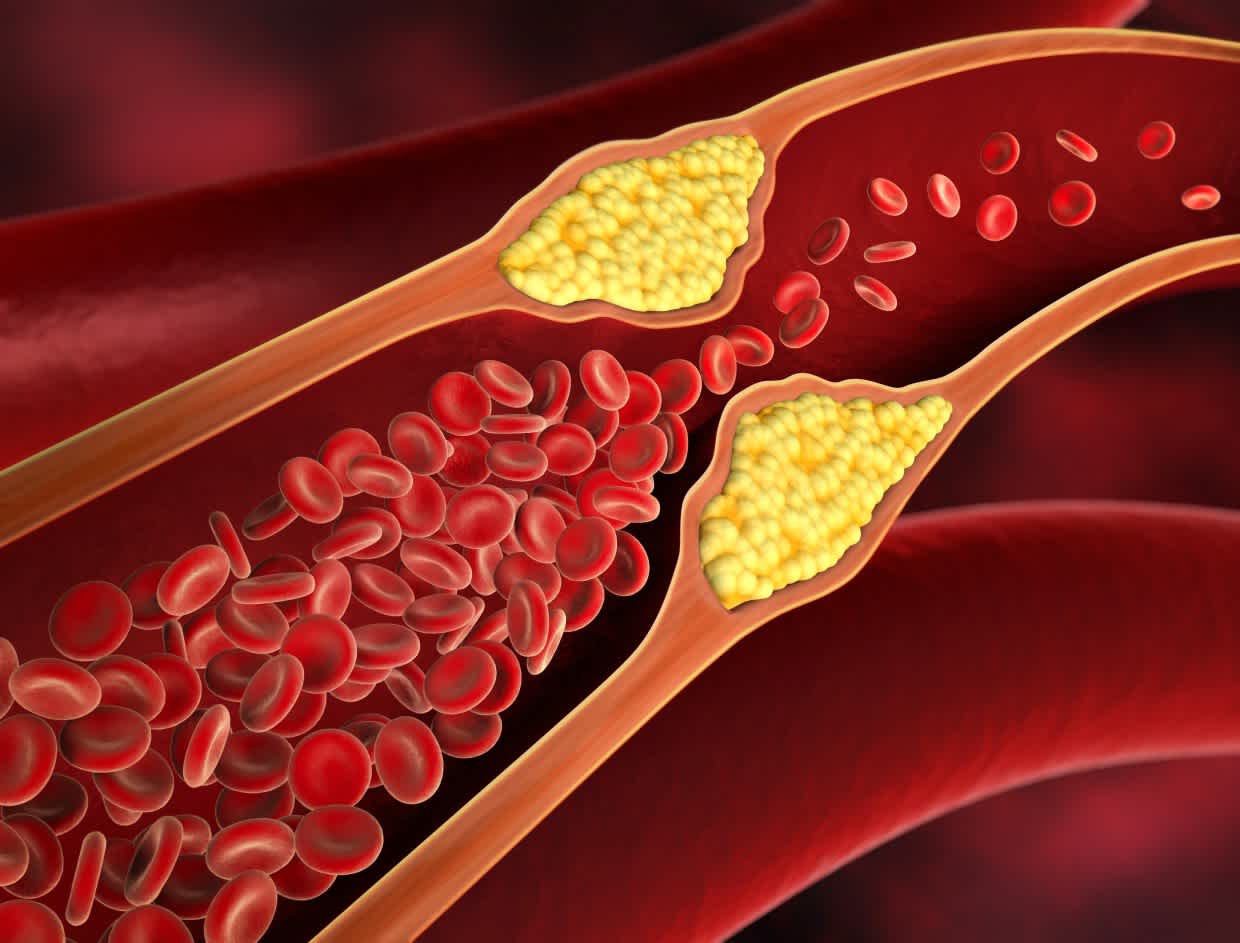Coriander is an integral part of Indian cuisine. We regularly use coriander seeds as a spice, and coriander leaves for garnishing curries, salads, or soups. Coriander is known all over the world for its medicinal properties. It is a great source of potassium, iron, vitamins A, K, and C, folic acid, magnesium, and calcium that can heal many health issues.
Coriander is a fragrant, antioxidant-rich herb that has many culinary uses and health benefits. It may help lower your blood sugar, fight infections, and promote heart, brain, skin, and digestive health.
Benefits:
- May help lower blood sugar
- Rich in immune-boosting antioxidants
- May benefit heart health
- May protect brain health
- May promote digestion and gut health
- May fight infections
- May protect your skin
- Easy to add to your diet
Side effects:
Coriander is likely safe when taken in food amounts. It is possibly safe for most people when taken in larger amounts as medicine. Coriander can cause allergic reactions. Symptoms of such reactions can include asthma, nasal swelling, hives, or swelling inside the mouth. These reactions appear to be most common in people who work with spices in the food industry.




